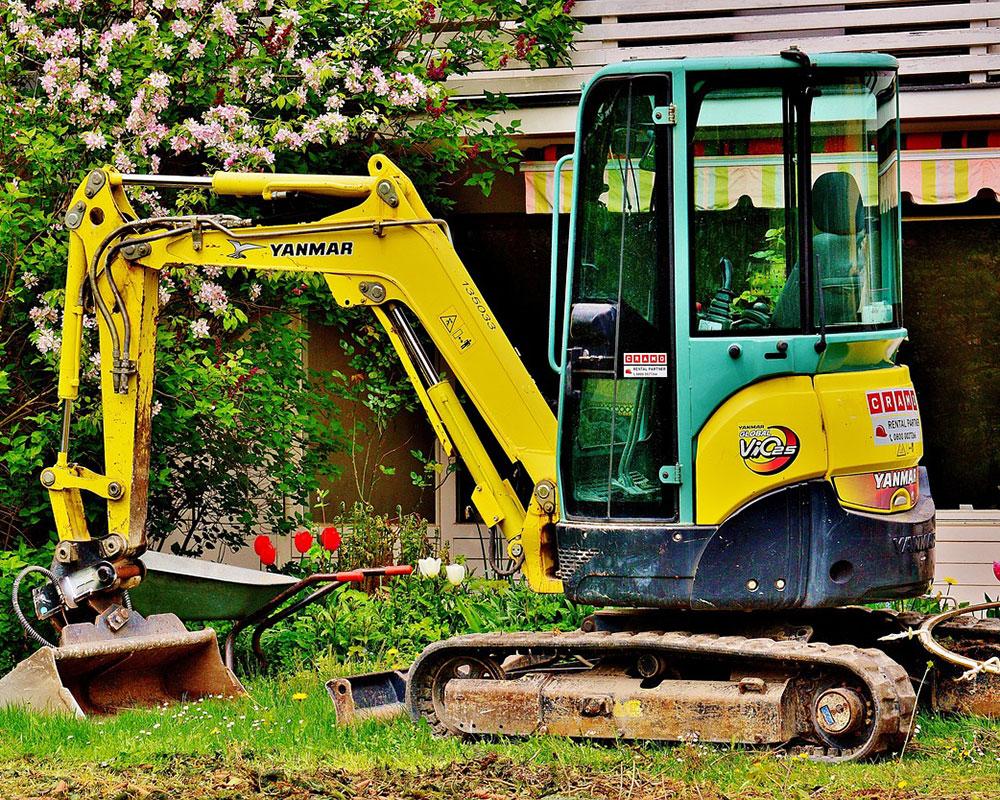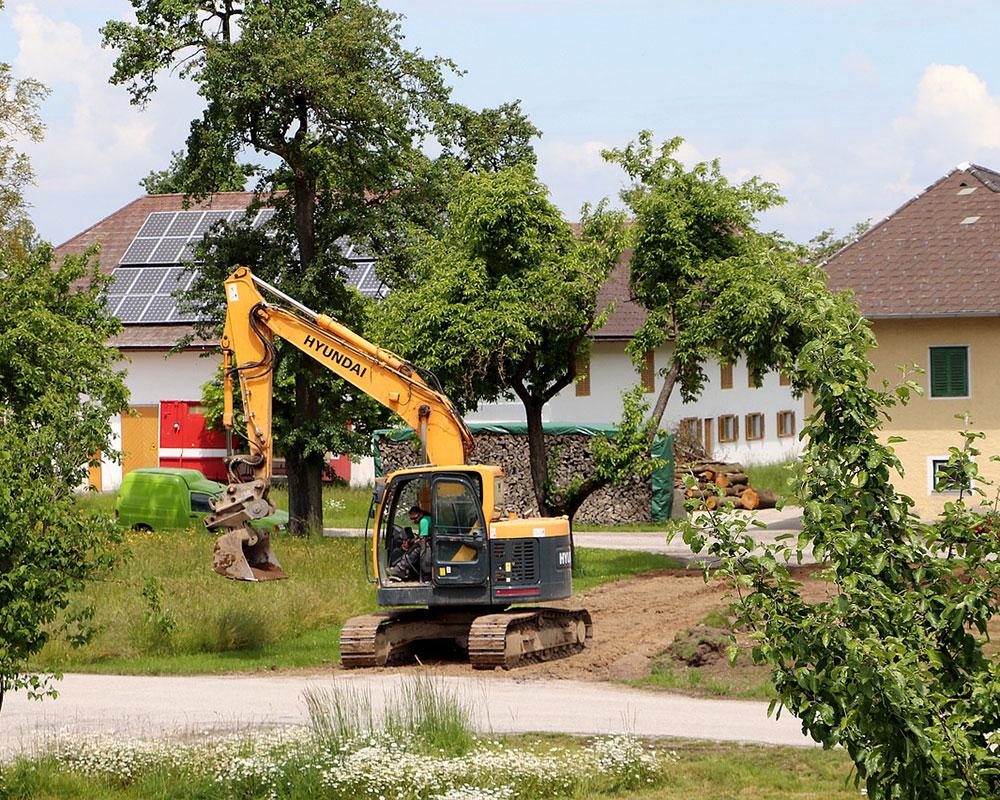
Serving Texas Counties: Harris, Montgomery, Waller, Fort Bend, Austin, Grimes and Brazoria
Residential Excavation Company Near Harris County, Texas
Brown Aerobic Septic Specialists is Committed to superior quality and results!

AVOID COSTLY MISTAKES:
Do NOT hire an excavating contractor without first reading our free guide:
The ULTIMATE Excavation & Septic "Success Guide."

Residential Excavation Company Near Harris County: A Homeowner’s Guide
When you’re planning a new home build, shop pad, pool, addition, or drainage fix, everything starts beneath the surface. Hiring a Residential Excavation Company Near Harris County ensures your project begins on solid ground—literally. This is a straightforward guide that explains the advantages, what to expect, and how to choose an excavation partner in Texas with confidence.
How Can We Help?


Benefits of Hiring a Residential Excavation Company Near Harris County
Texas soil knowledge matters.
Harris County has clay, coastal sand, and mixed fill soils. A local excavation team understands how soil shifts, absorbs water, and reacts to seasonal moisture so your foundation and drainage are set up for long-term stability.
Accurate grading prevents future headaches.
A proper slope helps water move away from your home, protecting slabs, foundations, driveways, and landscaping from erosion and pooling during Gulf Coast storms.
Correct utility trenching and installation.
Depth, bedding, and spacing requirements must meet Texas standards. A skilled crew digs and backfills trenches correctly so inspections pass and utilities operate safely.
Compaction protects your investment.
Professional compaction prevents settling, cracking, and uneven concrete. When the ground is firm from day one, you avoid costly repairs down the road.
Safety and liability control.
Excavation involves the use of heavy machinery, trench hazards, and the potential for encountering underground utilities. A professional crew protects your property, the surrounding areas, and everyone on site.
Smooth coordination with other trades.
The right excavation company keeps the project running smoothly so framers, plumbers, electricians, and concrete teams can stay on schedule.
What You Can Expect From a Local Residential Excavation Partner
Transparent planning.
An experienced excavation contractor explains materials, soil work, compaction steps, and timeframe in simple language. You’ll understand the why—not just the what.
Clear pricing and scope.
Cost depends on access, soil conditions, haul-off requirements, utilities, and weather. A good proposal outlines everything so you aren’t surprised mid-project.
Respect for your property.
Expect a clean, organized job site with protected lawn areas, proper truck access, and minimal disruption to neighbors.
How to Evaluate Bids
When comparing quotes from a Residential Excavation Company Near Harris County, request:
Soil correction details
Compaction method and equipment
Backfill material type
Haul-off volume estimates
Weather contingency plan
Utility trench specs
Clear, detailed bids protect your budget and timeline.
See Our Excavation & Septic Services

✔️ Commercial Excavation
✔️ Residential Excavation
✔️ Septic inspections
✔️ Septic system pumping
✔️ Septic tanks - aerobic systems
✔️ Septic installation
✔️ Drain field replacement
✔️ Sewer repairs
Quality Services Launched FAST!

✔️ Camera Inspections
✔️ Pipe Jetting and thawing
✔️ Trenching
✔️ Grease trap pumping
✔️ Septic repairs
✔️ Septic maintenance contracts
What Are You Waiting For?
Process for Hiring a Residential Excavation Company Near Harris County
1) Initial conversation
Share project details, timelines, surveys, and goals. A good contractor listens first and then gives recommendations tailored to your needs and property.
2) On-site evaluation
Expect measurements, soil review, and access checks. The contractor identifies challenges, evaluates grading needs, and reviews any drainage concerns.
3) Scope and proposal
You receive a clear breakdown covering:
Clearing and rough grading
Pad prep and compaction
Utility trenching
Haul-off details
Finish grade and drainage strategy
Everything should be written—not just verbal.
4) Contract and schedule
Review expectations around:
Timeline and weather delays
Payment schedule
Permit responsibilities
Material and equipment plan
Ask who coordinates utility locates and city requirements.
5) Mobilization
The team brings equipment, installs erosion control if needed, protects drive paths, and marks utilities. Safety and preparation come first.
6) Clearing and grading
Vegetation, roots, soft soils, and debris are removed. The land is shaped to design elevations and prepped to support foundations or pads.
7) Pad construction and compaction
Soil is placed in controlled layers and compacted properly. For Texas homes, this is essential to prevent future foundation issues.
8) Utility trenching and backfill
Trenches are cut to code, utilities placed, and soil compacted to avoid settling. Proper compaction helps avoid dips in yards and driveways later.
9) Final grading and drainage
Your site is shaped for proper water flow. Swales, slopes, and driveway base work ensure water drains away from the home.
10) Walkthrough and approval
You review the finished grade, pad, trenches, and elevations. The excavation contractor confirms everything is ready for the next-step trades.
Timing Tips for Harris County, Texas Homeowners
Texas weather changes quickly. Plan excavation around seasonal rain patterns. Dry windows allow better compaction and faster curing for concrete. A local company knows how to work around Gulf Coast conditions and still keep your project moving.
Start Your Residential Excavation Project With Confidence
Gather your survey, building plans, and timeline goals. Then meet with at least two local contractors so you can compare scope, pricing, and approach. Choose the one who explains the process clearly, shows soil and drainage knowledge, and communicates openly.
Working with a qualified Residential Excavation Company Near Harris County protects your home investment, supports every phase of construction, and ensures you start your build on strong, stable ground.
Hours: Mon-Fri 8AM-4.30PM
Extended hours by appointment only.
Address: 17618 South drive Cypress Texas 77433
All rights reserved | Client Support Area